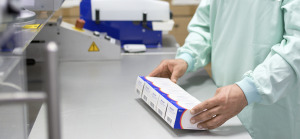
FDA advisers endorse updating COVID vaccines to target latest omicron strain
On Thursday, the Food and Drug Administration’s scientific advisers said the next round of shots in the U.S. should only include protection against the newest variants that are now dominant worldwide—a branch of the omicron family tree named XBB.





